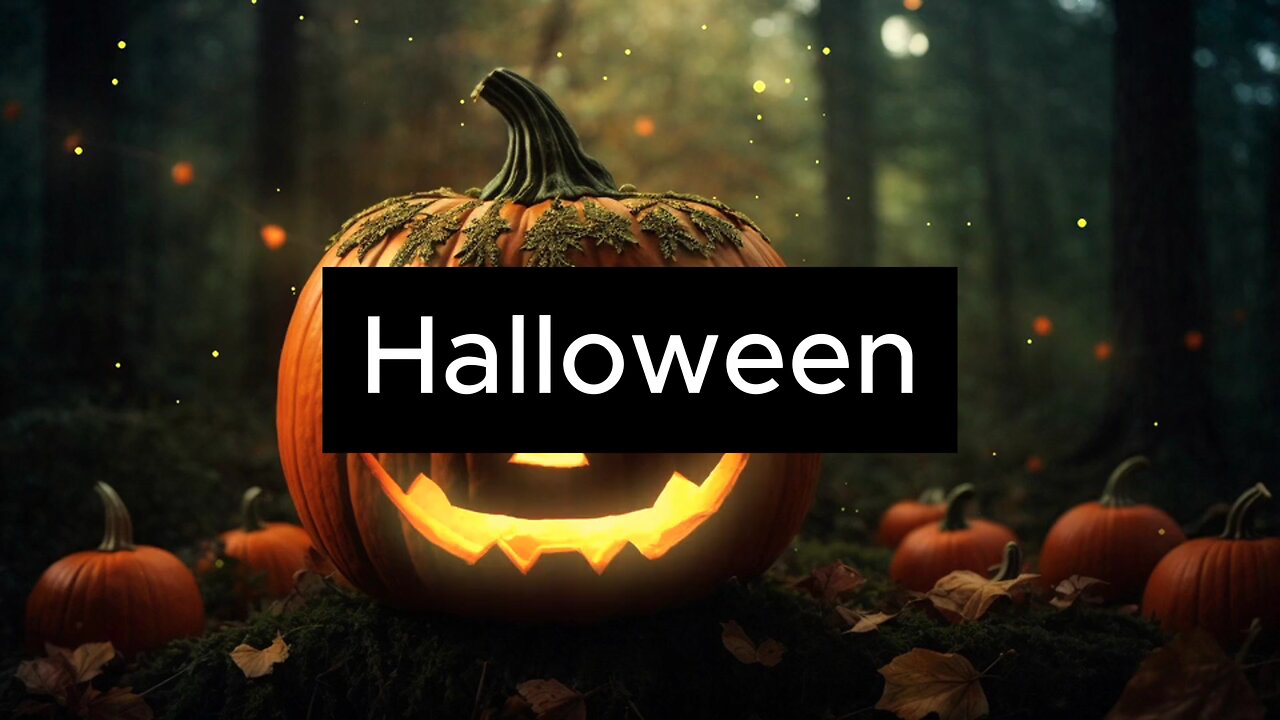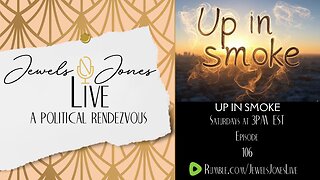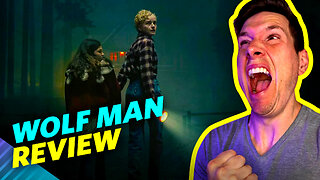Premium Only Content

Halloween: Origins, Traditions, and Modern Celebrations
Halloween: Origins, Traditions, and Modern Celebrations
Halloween, celebrated annually on October 31st, is a beloved holiday known for its spooky atmosphere, creative costumes, and sweet treats. Originating from ancient Celtic traditions, Halloween has evolved over the centuries into a vibrant and diverse celebration enjoyed by people of all ages around the world. This article delves into the rich history, enduring traditions, and modern interpretations of Halloween.
Ancient Roots
The roots of Halloween can be traced back to the ancient Celtic festival of Samhain, which marked the end of the harvest season and the beginning of winter. It was believed that on the night of October 31st, the boundary between the living and the dead was blurred, allowing spirits to roam the earth. To ward off malevolent ghosts, Celts would light bonfires and wear costumes made from animal heads and skins.
Christian Influence
As Christianity spread across Europe, the Church sought to incorporate pagan traditions into its own calendar. In the 8th century, Pope Gregory III designated November 1st as All Saints' Day, a day to honor all saints and martyrs. The evening before, known as All Hallows' Eve, eventually became Halloween.
Trick-or-Treating and Jack-o'-Lanterns
One of the most iconic Halloween traditions, trick-or-treating, has its origins in the medieval practice of "souling." On All Souls' Day, the poor would go door-to-door, offering prayers for the deceased in exchange for food. This evolved into the modern custom of children dressing up in costumes and going from house to house, collecting candy.
Jack-o'-lanterns, carved pumpkins with illuminated faces, have a fascinating origin as well. Legend has it that a man named Jack, who was notorious for his mischievous ways, tricked the devil and was denied entry to both heaven and hell. He was condemned to roam the earth with only a glowing ember inside a hollowed-out turnip to light his way. In Ireland and Scotland, people began carving scary faces into turnips and potatoes to ward off spirits. When Irish immigrants brought the tradition to America, pumpkins became the preferred canvas due to their abundance.
Modern Celebrations
Today, Halloween has evolved into a diverse and inclusive holiday celebrated in various ways across the globe. While the traditional customs of costume-wearing and trick-or-treating remain popular, many other activities have emerged. Haunted houses, spooky hayrides, and themed parties provide opportunities for people to revel in the eerie spirit of the season.
Additionally, Halloween has become a creative outlet for individuals and communities to showcase their artistic talents. Elaborate home decorations, intricate costumes, and pumpkin-carving contests have become integral parts of the festivities.
Cultural Significance
Halloween's cultural significance has expanded beyond its Celtic and Christian origins. It has become a time for people to express themselves, explore their creativity, and share in a sense of community. For many, it offers a chance to momentarily step outside of their everyday lives and embrace a playful, imaginative spirit.
Conclusion
Halloween, with its ancient roots and modern interpretations, stands as a testament to the enduring power of tradition and the human need for celebration. Whether it's through spooky stories, elaborate costumes, or ghoulish decorations, this holiday continues to bring joy and excitement to people of all ages around the world. So, as the nights grow longer and the air turns crisp, embrace the magic of Halloween and join in the festivities that have captivated generations for centuries.
#Halloween
-
 LIVE
LIVE
DeadMan88
4 hours agoWGT Golf Road to Master
96 watching -
 LIVE
LIVE
Jewels Jones Live ®
21 hours agoUP IN SMOKE! | A Political Rendezvous - Ep. 106
950 watching -
 1:35:04
1:35:04
Winston Marshall
2 days ago“This Wasn’t Accidental!” Maajid Nawaz SPEAKS OUT on R*PE Gangs and The REAL Cover-Up
54.7K50 -
 23:46
23:46
barstoolsports
5 hours agoSurviving Barstool Drama Spills Over Into The Office | Stool Scenes
41.1K2 -
 5:11:58
5:11:58
Shield_PR_Gaming
7 hours ago01/18/25. Let's chill with MMORPG and then some shooters!! Read Description! You know you want to!!
28.3K1 -
 1:09:39
1:09:39
Tactical Advisor
5 hours agoTrump Inauguration & New Gun Releases | Vault Room Live Stream 014
28.4K2 -
 11:27
11:27
Adam Does Movies
18 hours ago $6.19 earnedWolf Man Movie Review - Does It Bite?
55.2K9 -
 11:57
11:57
inspirePlay
22 hours ago $10.81 earnedLongest Drive Wins! Elite Long Drivers Battle in Par 4 Elimination
102K15 -
 8:44
8:44
RTT: Guns & Gear
1 day ago $5.93 earnedStreamlight TLR RM2 Laser - G | The Best PCC Light
73.8K5 -
 36:38
36:38
Athlete & Artist Show
1 month ago $3.67 earnedNCAA Hockey Was A Joke, TNT Hockey Panel Is The Best In Sports
55K2